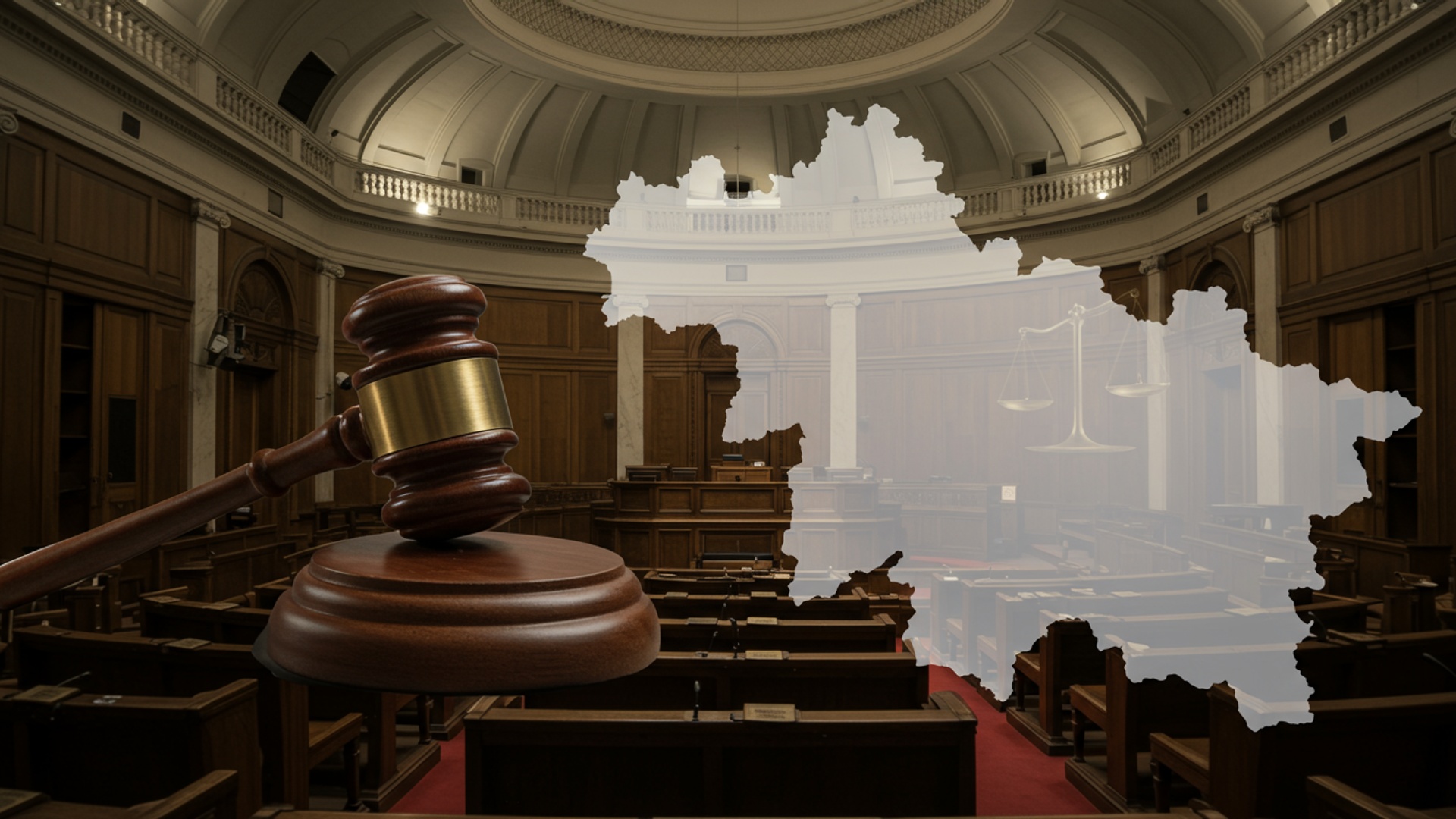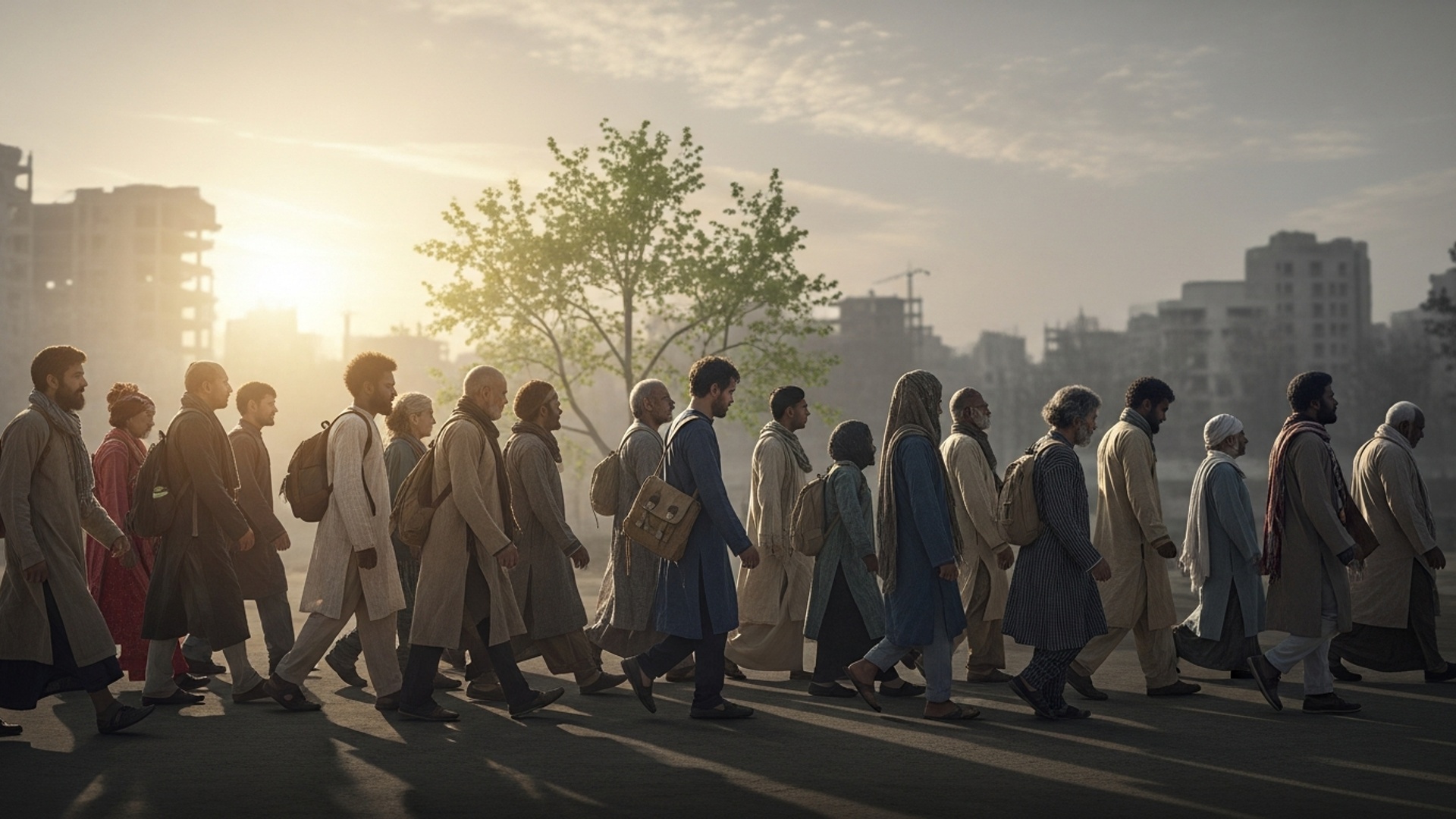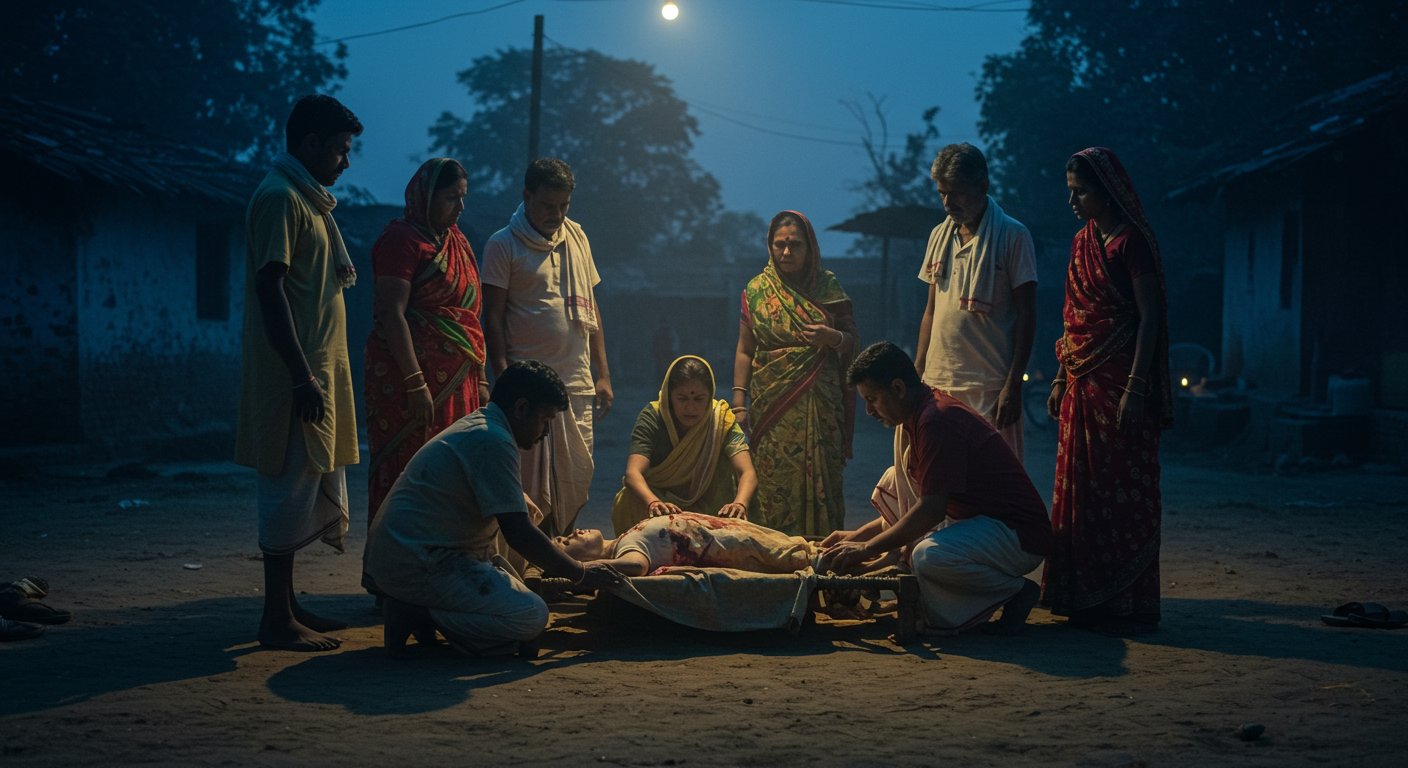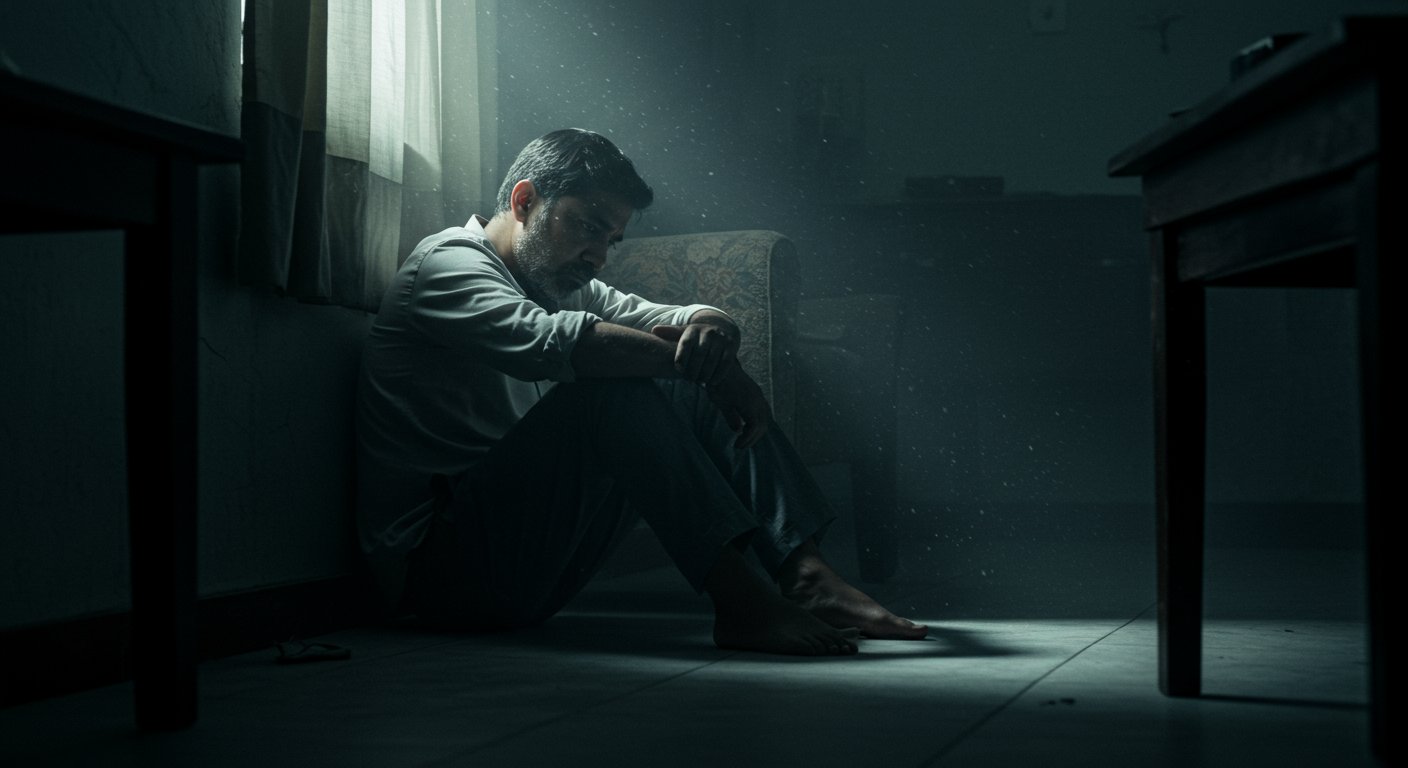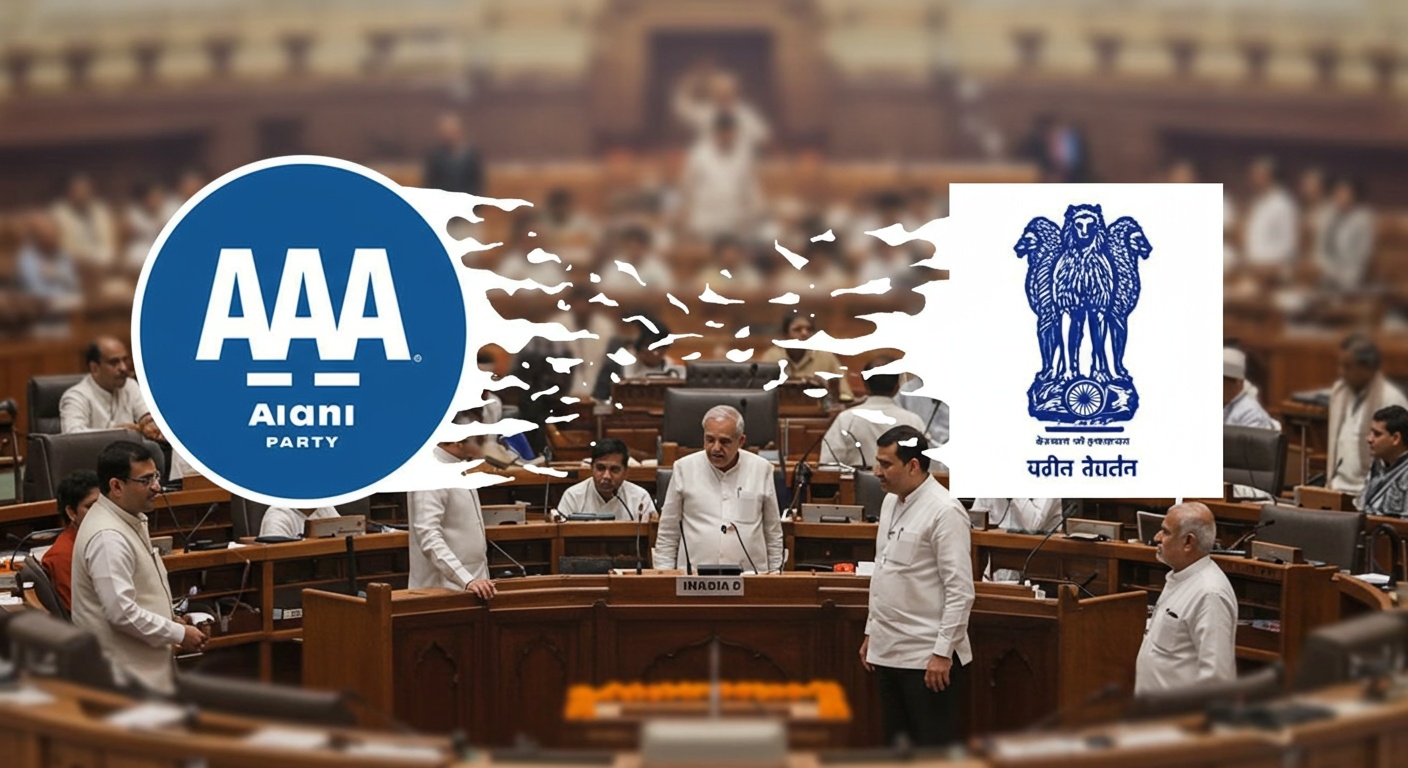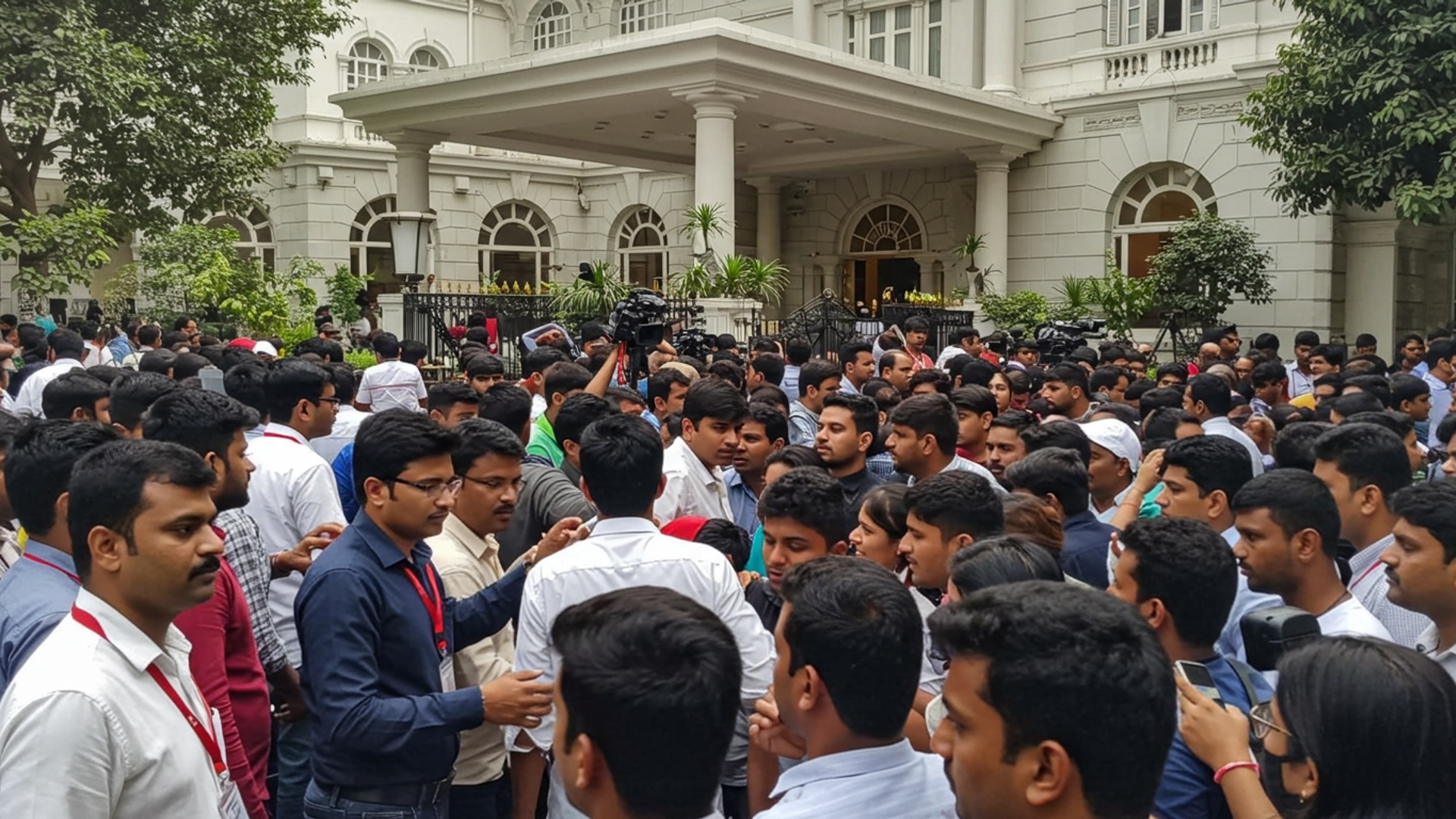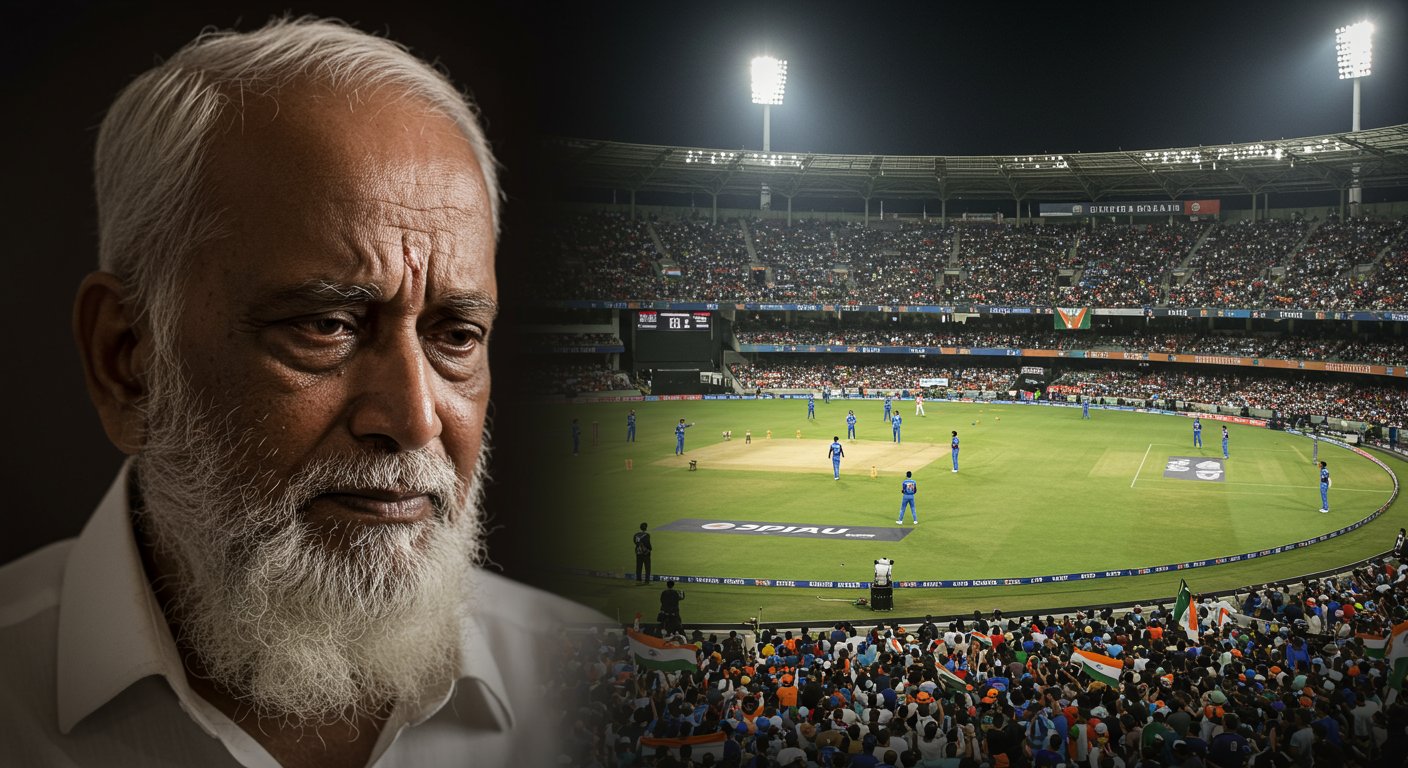The state of Uttarakhand now makes unlawful religious conversion a much more serious crime, with new rules bringing stricter penalties and even life imprisonment. This tough change to the state’s anti-conversion law means anyone found guilty of forcing or tricking people into changing their faith faces longer jail time and higher fines. The government states this step aims to stop mass conversions and protect people from being exploited, setting a strong new standard for religious freedom in the region.
Understanding the New Rules
The state of Uttarakhand is making its anti-conversion law much tougher. The state cabinet has recently approved new changes to the Uttarakhand Freedom of Religion Act, 2018. This is the second time the law has been changed, with the first amendment happening in 2022. The aim of these new changes is to stop religious conversions that happen through force, lies, or other unfair methods.
The original law, first put in place in 2018, already banned forced conversions. But, the new amendments are designed to make the punishments much more severe. Government officials have said these changes are vital to deal with recent cases of conversions that they believe are changing the population make-up of the state.
Stiffer Punishments Explained
The most essential part of the new law is the increase in penalties for those found guilty of illegal religious conversion. Before these changes, the maximum jail time for such a crime was 10 years and the highest fine was 50,000 rupees.
Under the newly approved bill, the punishments are significantly harsher:
- For general cases of illegal conversion, the jail term can be from three to ten years.
- In more serious cases, the jail term could be 14 or 20 years.
- For the most severe cases of forced conversion, the punishment can now include life imprisonment, along with a large fine of up to 10 lakh rupees.
The law also expands what counts as “inducement” or “allurement.” This now includes offering gifts, money, jobs, free education, promises of marriage, speaking ill of one religion, or praising another religion. Even promoting or encouraging conversion through social media or messaging apps will be considered a crime.
Protecting Vulnerable Groups
A specific focus of the new law is on protecting people who are considered more easily influenced or at risk. The law outlines stricter punishments for forced conversions involving certain groups.
If the forced conversion involves:
- A child (minor)
- A woman
- Someone from a Scheduled Caste (SC) or Scheduled Tribe (ST) community
- A disabled person
- A mentally challenged person
In these cases, the jail term will be more severe, ranging from five to 14 years.
Also, the bill includes provisions for the protection, support, medical care, travel. living expenses for victims of illegal conversions. The names and details of these victims will be kept private.
Process for Changing Faith
The law also sets out clear rules for people who wish to change their religion willingly. Anyone planning to convert must inform the district head (District Magistrate) at least 60 days before the conversion takes place.
Similarly, the religious leader or priest who will perform the conversion must also give a notice to the district head 30 days in advance. If these rules are not followed, it can lead to jail time. The law also states that marriages made by hiding one’s religion or creating a false identity will face strict legal action.
Legal Standing of Offenses
Under the new law, crimes related to forced conversion are now “cognizable and non-bailable” offenses. This means that police officers can arrest a person accused of such a crime without needing a special order from a court (warrant). Getting bail in these cases will also be harder; it will only be given if the trial court is fully convinced that the accused person is not guilty and will not commit the same crime again.
The law also allows district heads to take control of properties that were gained through crimes related to religious conversion. The person claiming ownership of such properties would have to prove that they were acquired legally.
Why the Government Says It’s Needed
The government says that the stricter law is essential to stop deceptive conversions and keep peace in society. They believe it protects everyone’s right to choose their religion freely, while also stopping this freedom from being used wrongly.
A leader from the ruling party, Ajendra Ajay, stated that the new law with its tougher rules will act as a strong warning for potential offenders. He also mentioned concerns about changes in the local population’s make-up, especially since Uttarakhand is a border state. said such changes could pose a risk to the country’s safety. He called the cabinet’s decision a “historic” step to protect the state’s identity as “Devbhoomi” (land of gods).
Concerns Raised by Others
While the government supports the new law, some groups have expressed worries about it. Critics argue that the law could be used unfairly against certain religious groups. They fear it might limit a person’s individual freedom to choose their faith.
Legal experts have pointed out that under such laws, the person accused often has to prove their innocence, showing that the conversion was done freely and without force. This can be a difficult task for the accused.
Some civil society organizations have described the law as very harsh. They argue that it might go against the basic rights given by the country’s constitution regarding religious freedom and privacy. These concerns often include the potential impact on marriages between people of different faiths.
![]()
